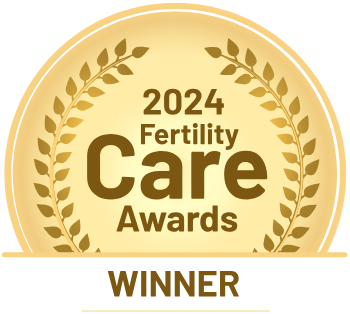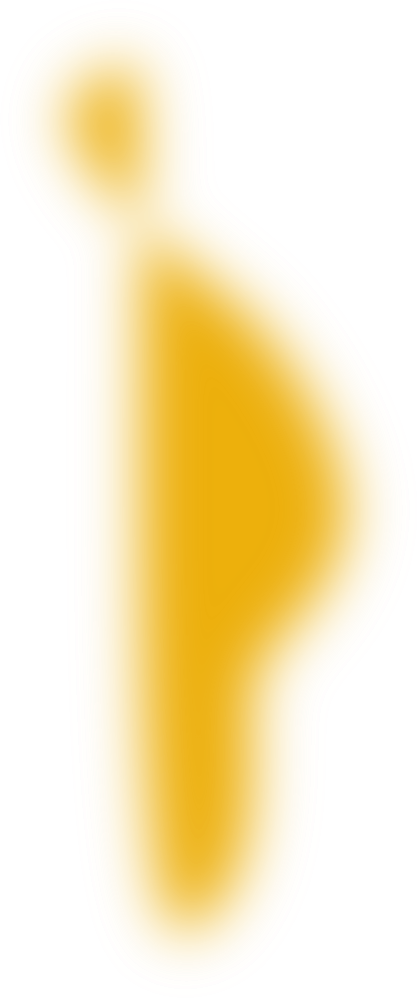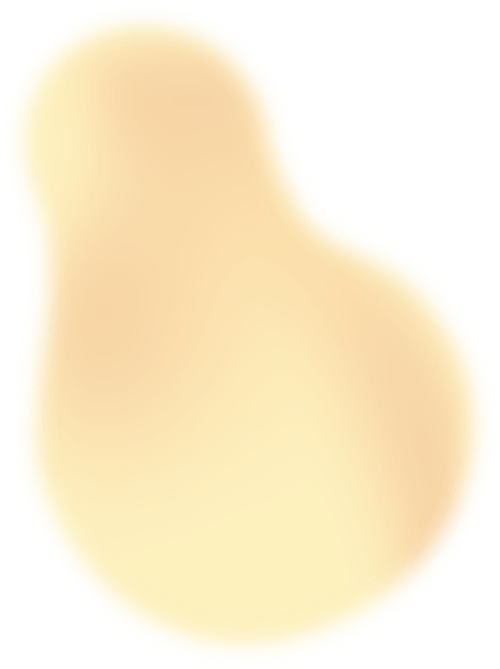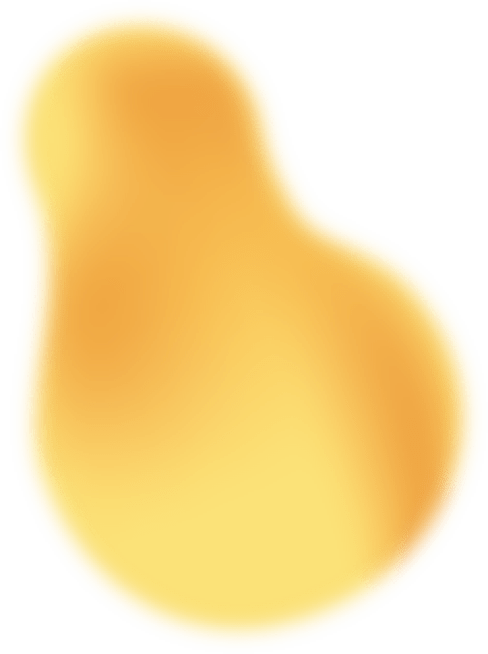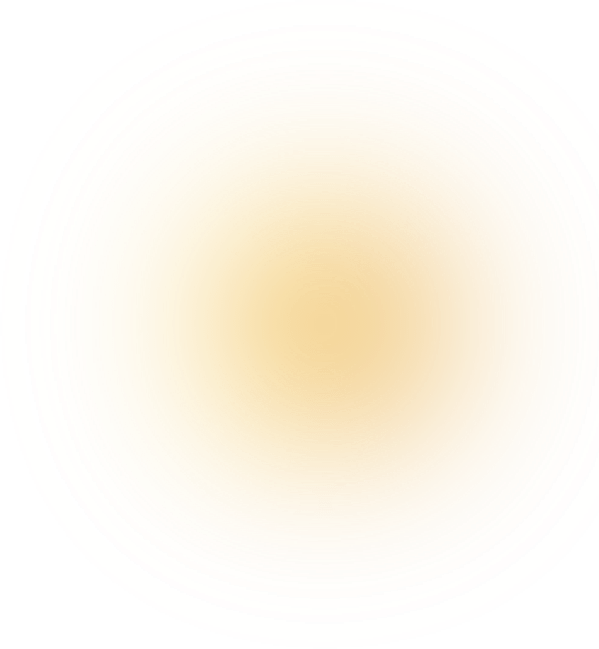A Donor Chosen Just for You
Every woman who donates eggs goes through a thorough selection process to ensure the best possible match with the future mother.
What factors do we consider when selecting a donor?
✔️ Blood type and Rh factor – Ensuring medical compatibility to minimize risks during pregnancy.
✔️ Physical traits (phenotype) – Height, weight, eye color, and hair color are matched so that your baby blends seamlessly into your family.
✔️ Ethnic background – For a natural resemblance to the parents.
✔️ Health screening – Donors undergo genetic and medical tests to reduce the risk of hereditary diseases.
At Pronatal, We Go Beyond the Basics
Matching a donor is not just about physical traits. We also consider personality, lifestyle, and interests to ensure your baby feels like a natural part of your family.
✔️ Is the donor athletic or artistic?
✔️ What is her educational and professional background?
✔️ What languages does she speak?
Your Body Has More Influence Than You Think
Once we’ve selected the donor, let’s talk about you. Your baby is not just a passive receiver of the donor’s genes—you play a crucial role in shaping its development and even its appearance.
✔️ Your body decides which genes are activated or suppressed – This process, called epigenetics, works like a conductor, determining which parts of the "genetic symphony" take center stage and which fade into the background.
✔️ Your hormones shape the baby’s growth – They influence metabolism, physical development, and even appearance.
✔️ Your diet and womb environment matter – These biological signals play a role in your baby’s health and characteristics, meaning the child develops uniquely under your influence.
Even though the genetic blueprint comes from the donor, your body plays a key role in how those genes are expressed.
Resemblance Comes from More Than Just DNA
Did you know that children often look like their parents not just because of genetics? Environment and upbringing also shape their appearance and behavior. Babies "mirror" what they see.
✔️ Facial expressions and gestures – Smiles, laughter, and expressions are naturally imitated.
✔️ Voice and speech patterns – Children pick up the way their parents speak.
✔️ Behavior and habits – Posture, walking style, and small gestures are learned over time.
Ever heard someone say, "She looks just like her dad!" or "He has his mom’s smile!"—even when the child is adopted? Or have you noticed how couples start to resemble each other after years together? The same principle applies to donor-conceived children—they take after you in more ways than you expect.
A Donor-Conceived Baby is Still YOUR Baby
DNA isn’t the only thing that matters—what counts is who carries, nurtures, and loves the baby.
To sum up, here are three key reasons why your baby will resemble you:
✔️ A carefully matched donor – Ensuring genetic similarity.
✔️ Your body shapes the baby – Determining which genes are expressed.
✔️ Upbringing builds resemblance – Your child adopts your expressions, voice, and mannerisms.
If you’re worried your baby won’t feel like "yours"—trust us. They will. You’ll see yourself and your partner in their smile, their expressions, and the little quirks that make them unique.
